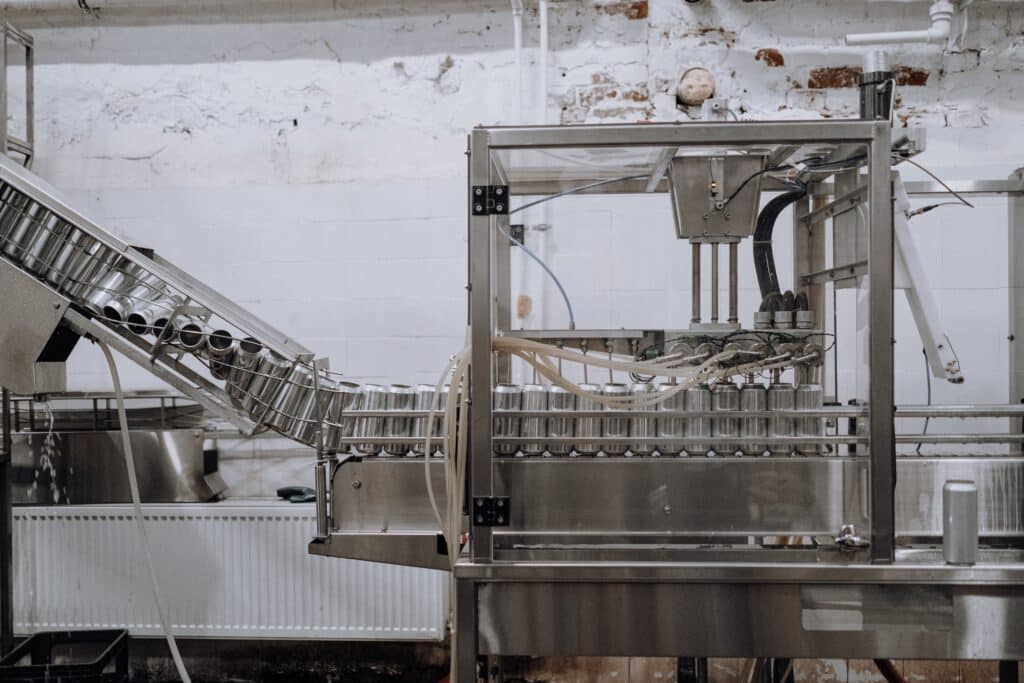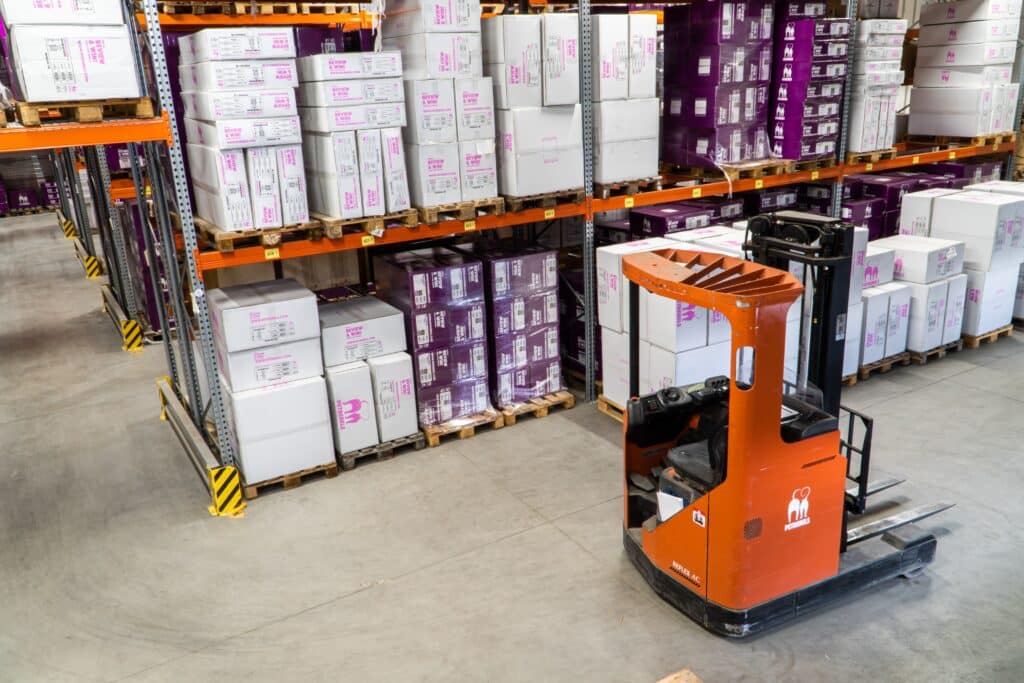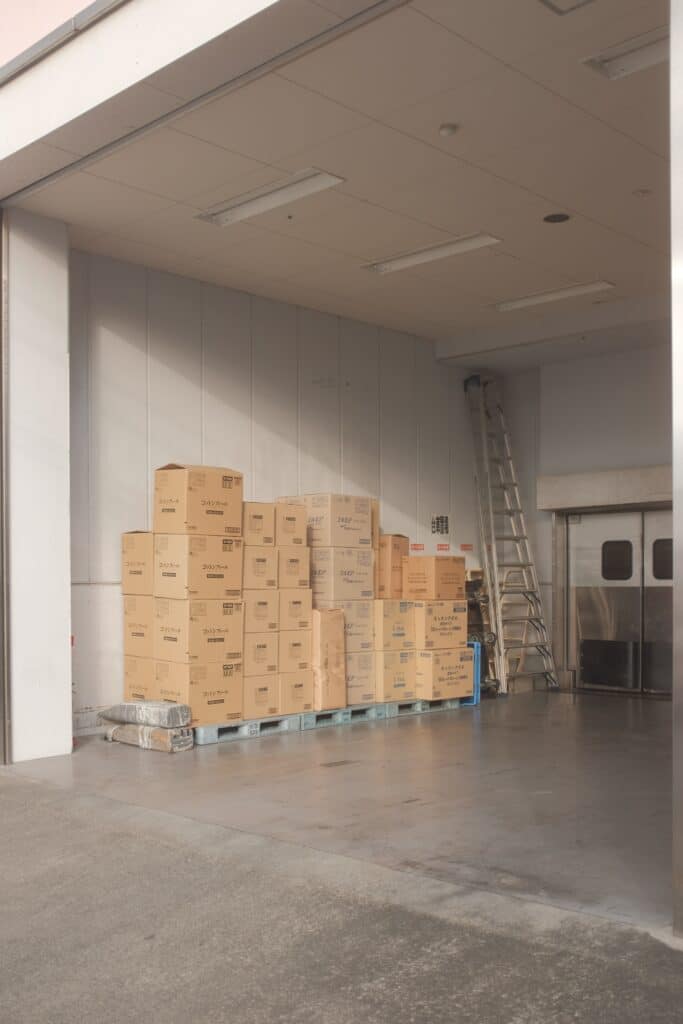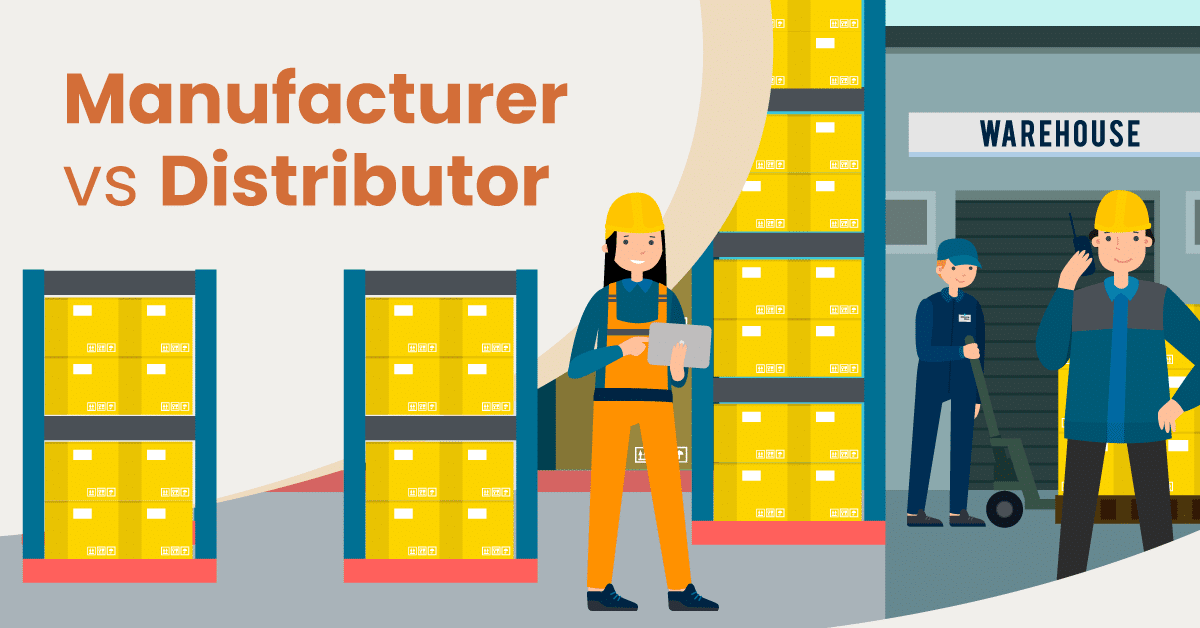
In the world of commerce, the supply chain has two vital aspects: manufacturers and distributors. While both are indispensable in bringing products to market, they operate at distinct points in the journey from conception to consumer.
This article delves deep into the nuances that differentiate manufacturers vs distributors, shedding light on their unique functions, responsibilities, and impact on the business world.
Manufacturers: Crafting Dreams into Reality
Manufacturers are the creators of products, making things from raw materials. They use advanced technology and skilled workers to build items from the ground up. They are the ones who bring ideas to life by crafting everyday items that retailers demand and consumers use.
Their realm encompasses production lines humming with activity, where raw materials are meticulously shaped, assembled, and refined into finished products.
In the US, 11.6 million people work in manufacturing, though an increasing number of goods are imported from other countries.
Key Characteristics of Manufacturers:
1. Creation and Innovation: Manufacturers conceptualize products, design prototypes, and engineer processes to produce goods on a large scale.
2. Quality Control: Manufacturers maintain stringent quality standards, ensuring that each item leaving their facilities meets predetermined specifications.
3. Customization and Specialization: Manufacturers can tailor products based on client requirements, offering diverse customized solutions.
4. Research and Development: Manufacturers invest in research and development to enhance existing products, innovate new ones, and stay ahead in the competitive market.

Distributors: The Connectors in the Supply Chain
Distributors play a crucial role in business by connecting manufacturers and retailers. They buy products in large amounts from manufacturers and then sell them in smaller quantities to retail stores. This helps products move from makers to sellers smoothly.
Supply chain issues have been a major hindrance to retail success since the beginning of the COVID-19 outbreak. Simply put, many small business retailers have difficulty acquiring product orders on time and in full. As such, more than half of supply chain execs plan to work with regional distribution centers by 2030.
Distributors serve as the nerve center, strategically storing products, managing inventory, and coordinating the efficient flow of goods to meet market demands.
Key Characteristics of Distributors:
1. Market Expertise: deep insights into market trends, consumer behavior, and demands, allowing them to make informed purchasing decisions
2. Logistics and Storage: robust infrastructure for warehousing, ensuring safe storage and streamlined distribution of diverse products
3. Relationship Management: cultivate relationships with manufacturers, retailers, and other stakeholders, facilitating seamless communication and collaboration
4. Risk Mitigation: mitigate risks by diversifying their product portfolios, adapting to changing market dynamics, and managing inventory to prevent overstocking or shortages
Distinguishing Factors: Distributor vs Manufacturer
1. Production vs Aggregation: The primary distinction lies in their core functions. Manufacturers focus on production, whereas distributors aggregate products from various sources to meet market demands.
2. Ownership of Production: Manufacturers own the production process, overseeing every stage from design to assembly. Conversely, distributors do not produce goods; they acquire them from manufacturers for distribution.
3. Scale of Operation: Manufacturers operate on a large scale, with extensive facilities and a workforce dedicated to production. Distributors optimize efficiency in logistics and storage to handle a wide variety of products efficiently.
4. Direct vs. Indirect Interaction: Manufacturers directly interact with raw materials, transforming them into products. Distributors serve as intermediaries facilitating the movement of goods between manufacturers and retailers.
Can a Business Be a Manufacturer and Distributor at the Same Time?
A business can operate as both a manufacturer and distributor simultaneously. In such a model, the company creates its products through manufacturing processes and sells them directly to retailers or consumers, functioning as a distributor. This integrated approach allows for greater control over production, quality assurance, and distribution channels.
A business can streamline its operations, optimize costs, and maintain a cohesive supply chain, from its production to its end-users, by being both a manufacturer and distributor.
An example of a Business that is Both a Manufacturer and a Distributor
One prominent example of a company operating as a manufacturer and distributor is Nike, Inc. Nike, of course, designs, develops, and manufactures athletic footwear, apparel, equipment, and accessories. Simultaneously, the company distributes its products through various channels, including Nike-owned retail stores, online platforms, and partnerships with authorized retailers worldwide.
Nike’s vertical integration allows them to control the entire production process, from designing innovative sportswear to manufacturing high-quality products. By directly participating in the distribution, Nike can ensure consistent brand representation and customer experience across all retail outlets.
This integrated approach has played a significant role in Nike’s global success, enabling it to maintain quality standards, respond swiftly to market demands, and create a strong brand identity in the competitive sportswear industry.
Manufacturers vs Distributors: What Does it Mean For Retailers?
Some retailers will deal with manufacturers directly. Others only deal with distributors.
For example, a retailer starting a shoe store or apparel brand with niche proprietary products will work with manufacturers directly. This relationship will emphasize product quality, innovation, and branding.
On the other hand, a hardware store will work mostly with distributors who have access to multiple manufacturers that make tools, household appliances, and other items.
Finally, some stores will deal with both manufacturers and distributors. Take the case of a specialized food store. They may deal with a couple of leading distributors for packaged goods. At the same time, that store might work with a manufacturer to produce a private-label brand for spices, sauces, or oils.

Successfully Manage Your Suppliers
While distinct, the roles of manufacturers and distributors are symbiotic, intertwined in a delicate dance that sustains the global marketplace. Manufacturers rely on distributors to extend their reach, broaden market penetration, and deliver products to diverse geographic locations. Distributors, in turn, depend on manufacturers’ innovation, reliability, and quality assurance to build their inventory and maintain customer trust.
KORONA POS has exceeded my expectations in every way. It’s a powerful, adaptable solution that has transformed our operations for the better.
-James B.
Modern point of sale software offers comprehensive supplier management for retailers. By integrating supplier data and order processing functionalities, a robust software like KORONA POS enables retailers to seamlessly communicate with suppliers, place accurate orders, and track inventory levels in real-time
To learn more about KORONA POS supplier management, click the link below.
FAQs:
A manufacturer is a company that designs, produces, and assembles products, often starting from raw materials. They are responsible for the creation and quality control of goods. In contrast, a distributor acts as an intermediary between manufacturers and retailers or end consumers, buying products in bulk and selling them in smaller quantities to reach a broader market. While manufacturers focus on production, distributors specialize in efficient logistics, inventory management, and market knowledge to ensure products reach their intended audience effectively.
Yes, a manufacturer can also be a distributor. In this integrated business model, a company produces goods and directly sells them to retailers or end consumers. By functioning as both a manufacturer and distributor, the company gains greater control over the supply chain, ensuring product quality and a seamless distribution process while expanding its market reach.
Manufacturers often sell to distributors because it streamlines their distribution process and allows them to focus on their core competency: manufacturing. Distributors specialize in efficient logistics, storage, and market knowledge, enabling manufacturers to reach a wider audience without the complexities of individual retail transactions. This partnership ensures products are efficiently distributed, allowing manufacturers to concentrate on production and innovation.
Purchasing directly from a manufacturer can be beneficial when seeking customized or specialized products tailored to specific requirements. Direct communication with manufacturers allows a deeper understanding of the product’s origins, quality, and unique features. Additionally, buying from a manufacturer can sometimes result in cost savings by eliminating the distributor’s markup, making it a preferred choice for businesses seeking personalized solutions or bulk orders.














